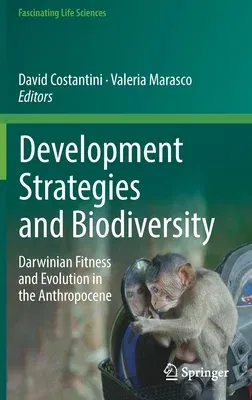Part 1 - Evolutionary meaning of development: how and why early life
experience generates diversity(1) Trans-generational inheritance of
early life effects and evolution (Ethienne Danchin, University of
Toulouse, France)(2) Adaptive meaning of early life experience in
species that go through metamorphosis (Yui Suzuki, Duke University, USA;
Takashi Koyama, Univ. of Copenhagen, Denmark)(3) Cross-talk between
early life and population frequency-based mechanisms in driving the
evolutionary success of personalities (Heiko Rodel, Paris-Sud
University, France; Claudio Carere, Univ. La Tuscia, Italy)
Part 2 - Endogenous mechanisms underlying the interactions between the
individual and the early-life environment(4) Developmental stress and
the resistant phenotype: the good and the bad of it (Valeria Marasco,
Univ. of Veterinary Medicine Vienna, Austria; Karen Spencer, Univ. of
St. Andrews, UK; Susanne Huber, University of Vienna, Austria)
(5) Early immunological development and sensitivity to parasites and
infectious diseases in later life (Gabriele Sorci, Univ. of Bourgogne,
France)(6) Early life nutrition and the programming of the phenotype
(Katherine Buchanan, Deakin Univ., Australia)
Part 3 - Anthropocene opens new horizons to reveal the evolutionary
meaning of early life(7) Adaptive and maladaptive consequences of
developing in changing environments (Robby Stoks, Univ. of Leuven,
Belgium)
(8) How developmental strategies shape success of invasive species
(Daniele Canestrelli, Univ. La Tuscia, Italy)(9) Consequences of pre-
and post-natal exposure to pollution: from the individual to the
population (Prof Caroline Isakssoon, Lund University, Sweden and Dr.
Frederic Angelier, CNRS, France)

